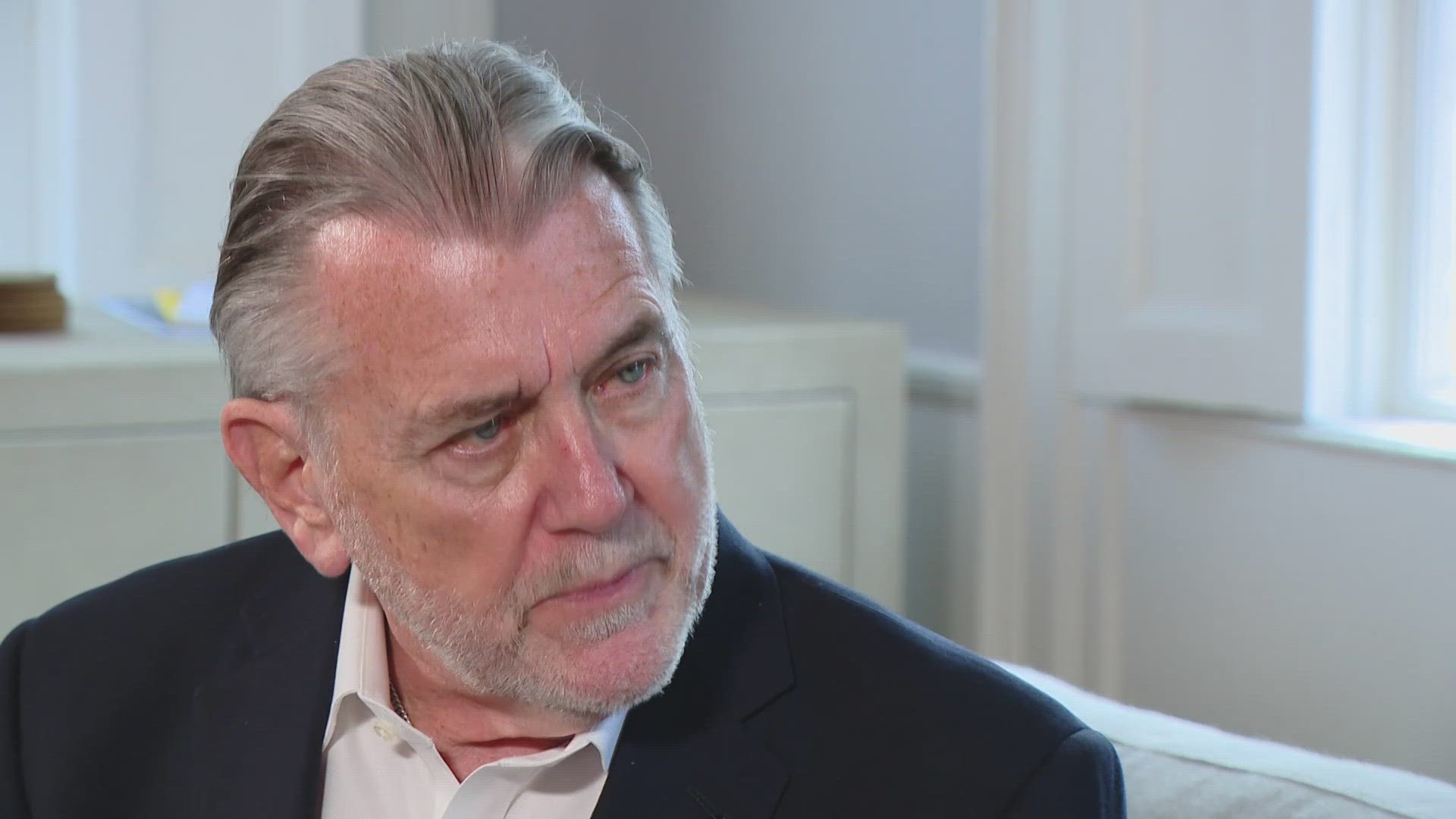PORTLAND, Maine — After graduating from Bowdoin College in 1968, Peter Hayes went on to what would be a distinguished career as a professor specializing in Nazi history and the Holocaust. To spend decades researching and writing about that subject is to immerse oneself in the darkest chapter of human history.
During the reign of Adolph Hitler from 1933 to 1945, Germany carried out a well-organized policy of extermination known as the Final Solution. In those twelve years, the Nazis systematically murdered some six million Jews. It was, in Hayes’ words, "an orgy of carnage."
There are times in his work, Hayes acknowledged, when the stories are so unrelievedly grim that he leans back, closes his eyes, and wonders how people could be capable of such evil. Always, though, he steers back to a crucial question.
"I focus on trying to possibly make people understand," he said, pausing slightly before finishing the sentence with added emphasis, "How it can come to this."
If the events of the Holocaust seem like an unspeakable aberration from a fading past, consider this: A few weeks ago a group of neo-Nazis staged a rally on the streets of downtown Portland.
It was not an isolated incident; similar events have played out in many other places around the country in recent years. Hayes admitted he thought Americans had moved beyond this type of blind hatred but, as he pointed out, history chastises us from time to time.
Our conversation at Bowdoin ended with a final question. After spending one’s adult life studying the Holocaust, I asked, is it hard to be an optimist about humanity?
"Yeah, it is," he said without hesitation. "Usually I’m asked this in the form of, 'Are you worried?' I’m always worried. If you study history, you’re always worried."

